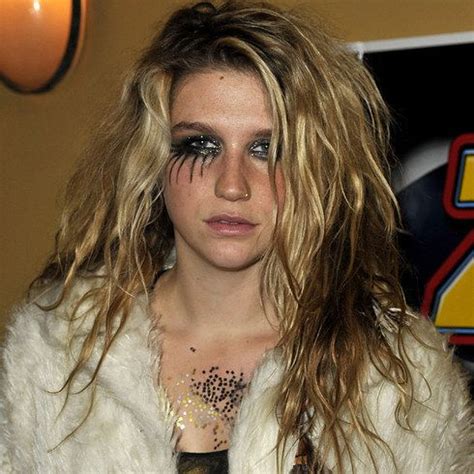Introduction
Hair is a complex and fascinating part of the human body. It can be a source of pride, confidence, and self-expression. But it can also be a source of frustration and anxiety.

If you’re struggling with your hair, you’re not alone. Millions of people around the world experience hair loss, thinning, and other hair problems. But there is hope. With the right care and treatment, you can achieve the healthy, beautiful hair you’ve always wanted.
The Science of Hair
Hair is made up of a protein called keratin. Keratin is produced by cells in the hair follicle. The follicle is a small, tube-shaped structure located in the skin.
The hair follicle produces hair in a cycle that lasts about 2 to 6 years. The cycle consists of three phases:
- Anagen phase: This is the active growth phase. The hair follicle produces a new hair shaft that pushes the old hair shaft out of the follicle.
- Catagen phase: This is a transitional phase. The hair follicle shrinks and the hair shaft stops growing.
- Telogen phase: This is the resting phase. The hair follicle is completely inactive and the hair shaft is fully grown.
At any given time, about 85% of your hair is in the anagen phase, 1% is in the catagen phase, and 14% is in the telogen phase.
Hair Growth and Loss
The average person loses about 50 to 100 hairs per day. This is normal and is part of the hair growth cycle. However, if you’re losing more hair than usual, it could be a sign of a hair loss condition.
There are many different causes of hair loss, including:
- Genetics: Hair loss can be inherited from your parents.
- Hormonal changes: Hair loss can be caused by hormonal changes, such as those that occur during pregnancy, menopause, or thyroid problems.
- Medical conditions: Hair loss can be a symptom of certain medical conditions, such as alopecia areata, lupus, or cancer.
- Medications: Some medications can cause hair loss as a side effect.
- Styling practices: Certain styling practices, such as tight hairstyles or chemical treatments, can damage hair and lead to hair loss.
Hair Care Tips
There are many things you can do to keep your hair healthy and strong. Here are a few tips:
- Wash your hair regularly. How often you need to wash your hair depends on your hair type and how much oil your scalp produces. Most people need to wash their hair every 2 to 3 days.
- Use the right shampoo and conditioner. Choose a shampoo and conditioner that is designed for your hair type. If you have dry hair, use a moisturizing shampoo and conditioner. If you have oily hair, use a clarifying shampoo and conditioner.
- Avoid harsh styling practices. Avoid using hot tools, such as blow dryers and curling irons, on your hair. These tools can damage your hair and lead to hair loss. If you do use hot tools, be sure to use a heat protectant spray to help protect your hair from damage.
- Eat a healthy diet. A healthy diet can help to promote healthy hair growth. Be sure to eat plenty of fruits, vegetables, and whole grains.
- Get enough sleep. Sleep is essential for overall health, including hair health. When you don’t get enough sleep, your body produces more of the stress hormone cortisol. Cortisol can damage hair follicles and lead to hair loss.
- Manage stress. Stress can also lead to hair loss. Find healthy ways to manage stress, such as exercise, yoga, or meditation.
Hair Loss Treatments
If you’re experiencing hair loss, there are a number of treatments available. The best treatment for you will depend on the cause of your hair loss.
Some common hair loss treatments include:
- Minoxidil (Rogaine): Minoxidil is a topical medication that is applied to the scalp. It is available over-the-counter and is the only FDA-approved medication for hair loss.
- Finasteride (Propecia): Finasteride is an oral medication
